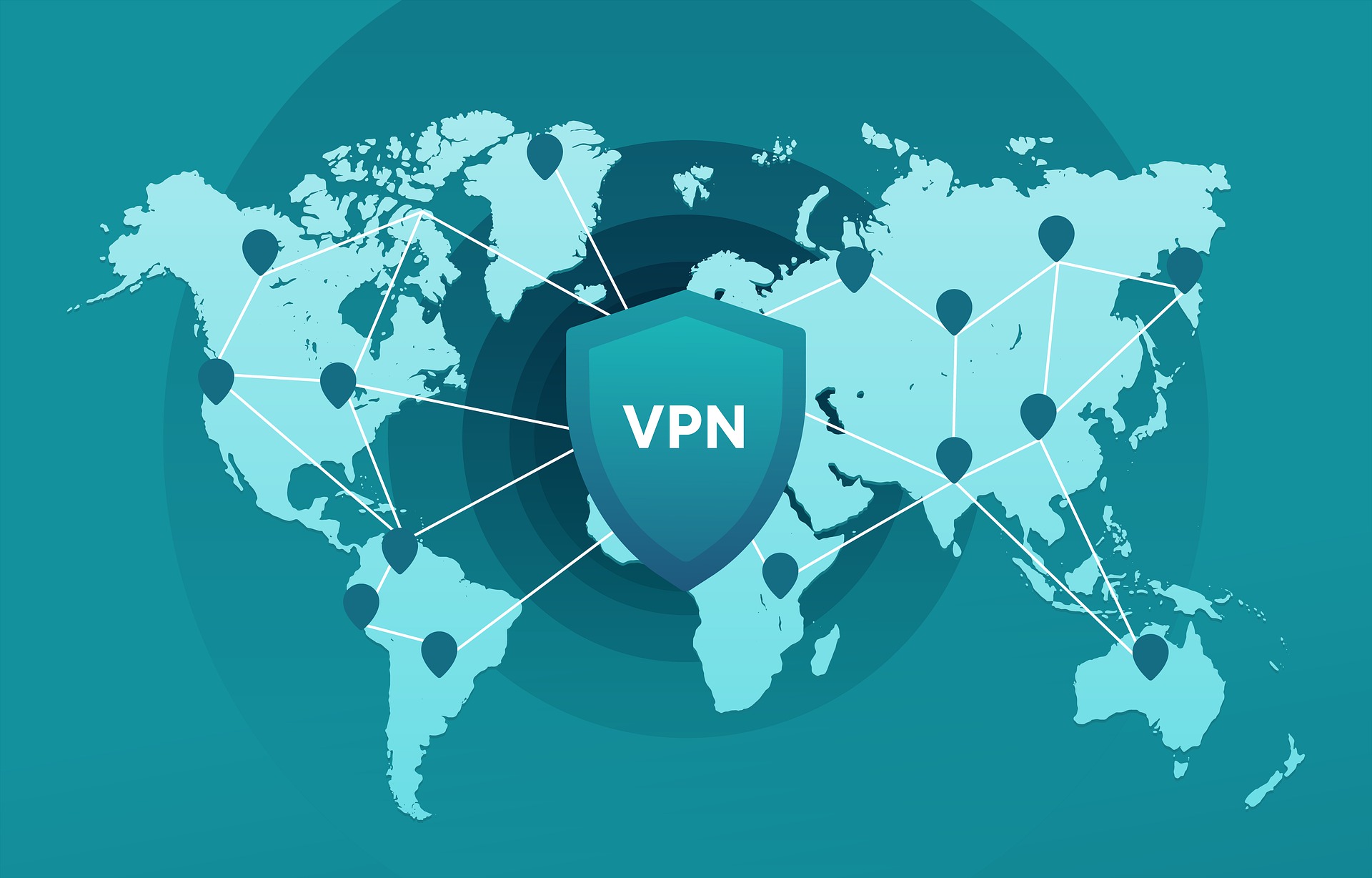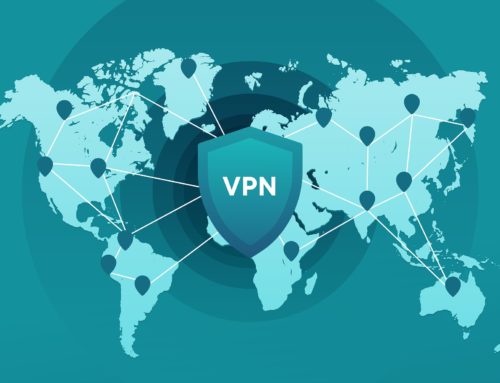Overview
Pulse Secure SSL VPN contains multiple vulnerabilities that can allow remote unauthenticated remote attacker to compromise the VPN server and connected clients.
Description
| Pulse Secure released an out-of-cycle advisory along with software patches for the various affected products on April 24, 2019. This addressed a number of vulnerabilities including a Remote Code Execution (RCE) vulnerability with pre-authentication access. This vulnerability has no viable workarounds except for applying the patches provided by the vendor and performing required system updates. The CVE-2019-11510 has a CVSS score of 10.The CVEs listed in the advisory are:
CVE-2019-11510 – Unauthenticated remote attacker with network access via HTTPS can send a specially crafted URI to perform an arbitrary file reading vulnerability. Exploitation of these vulnerabilities was demonstrated at various events and proved to be highly impactful due to the direct access to admin privileges and the consequent ability to infect multiple VPN connected users and their desktops. Initially there was a lack of clarity about CVE-2019-11510, as to whether it can be mitigated with the requirement of a client-certificate or two-factor authentication (2FA) to prevent this attack. CERT/CC has confirmed with the vendor that this vulnerability cannot be mitigated using client certificate and furthermore there is no viable alternative to updating the Pulse Secure VPN software to a non-vulnerable version. Even if client certificates are required for user authentication, CVE-2019-11510 can be exploited by an unauthenticated remote attacker to obtain session IDs of active users stored in /data/runtime/mtmp/lmdb/randomVal/data.mdb. The attacker can use these session IDs to impersonate as one of the active users. If a Pulse Secure administrator is currently active and the administrative access is available to the attacker, attacker could gain administrative access to Pulse Secure VPN. It is highly recommended that all Pulse Secure VPN administrators perform the required upgrade on all their affected products. If your Pulse Secure VPN has been identified as End of Engineering (EOE) and End of Life (EOL), we highly recommend replacement of the VPN appliance entirely without any delay – please check Pulse Secure advisory for this information. Timelines of specific events: |
Impact
| A remote, unauthenticated attacker may be able to compromise a vulnerable VPN server. The attacker may be able to gain access to all active users and their plain-text credentials. It may also be possible for the attacker to execute arbitrary commands on each VPN client as it successfully connects to the VPN server. |
Solution
| There is no viable workaround except to apply the patch and updates provided by the vendor. It is incorrect to assume use of client certificates or two-factor authentication (2FA) can prevent CVE-2019-11510 RCE pre-auth vulnerability. Updates are available from Pulse Secure Advisory. |
| CVE-2019-11508 and CVE-2019-11538 can be mitigated by disabling File Sharing on the Pulse Secure VPN appliance.There are no workarounds that address the other vulnerabilities. |



